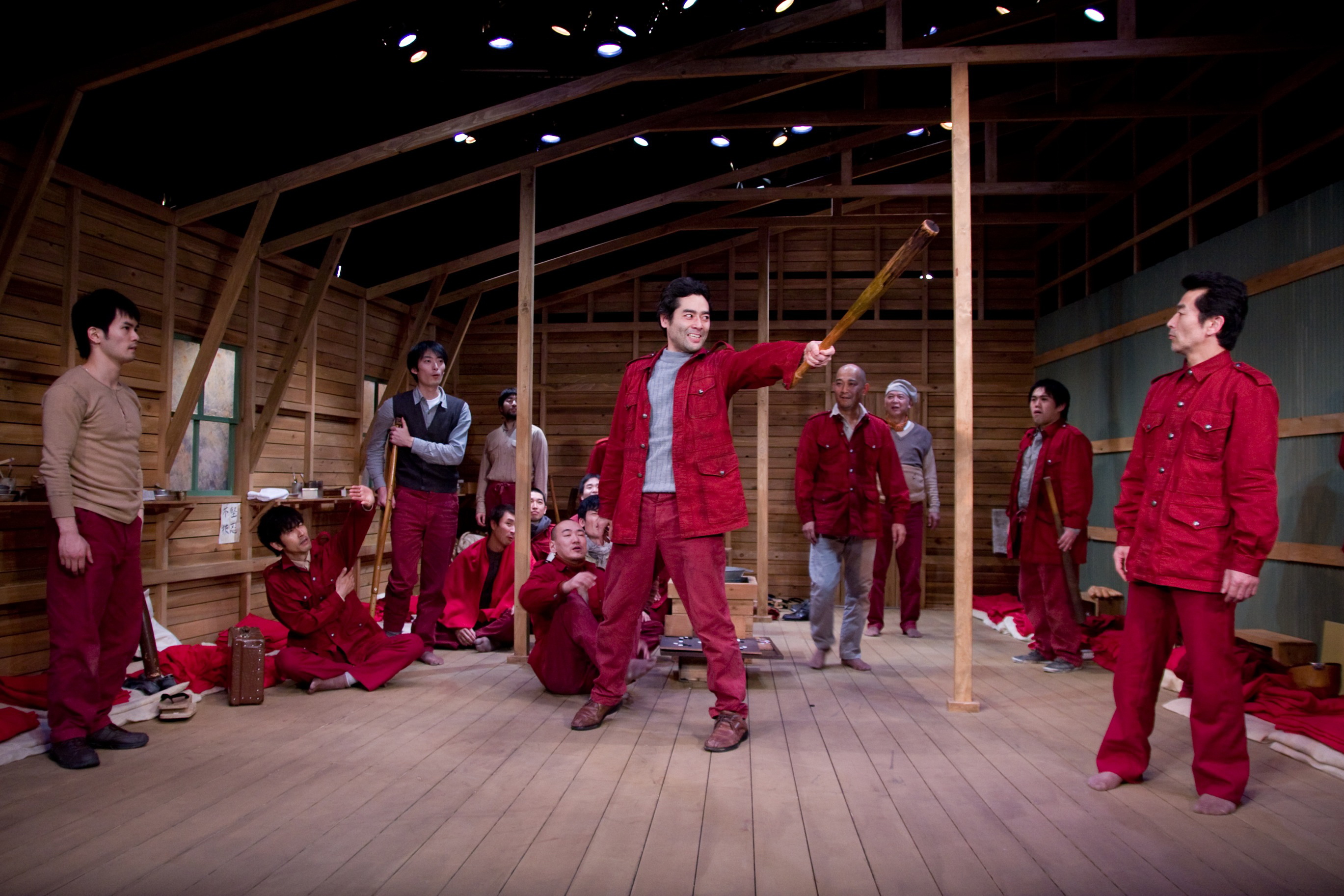At around 2 a.m. on Saturday, Aug. 5, 1944, 1,104 Japanese soldiers and sailors armed only with knives, forks and a few baseball bats poured out of their huts at the Cowra prisoner-of-war camp 300 km west of Sydney in the Australian state of New South Wales. Charging through a hail of machine-gun fire, they stormed the gates — driven by the Imperial Military Regulation that ordered: "Never live to experience the shame of being taken prisoner."
With nowhere to go, those who got out ran along farm roads under a full moon and scattered into fields and woodlands — fully expecting they'd be executed if they were recaptured.
The upshot was that 231 Japanese and four Australian soldiers died after every Japanese serviceman agreed to take part in the breakout despite the camp's easygoing conditions with lots of free time to relax and play baseball, mah-jongg or cards.



















With your current subscription plan you can comment on stories. However, before writing your first comment, please create a display name in the Profile section of your subscriber account page.